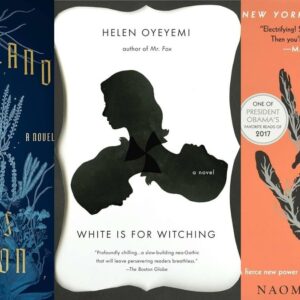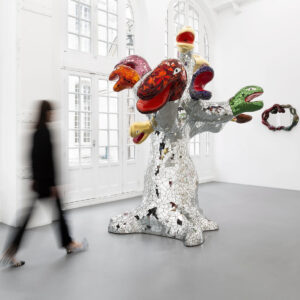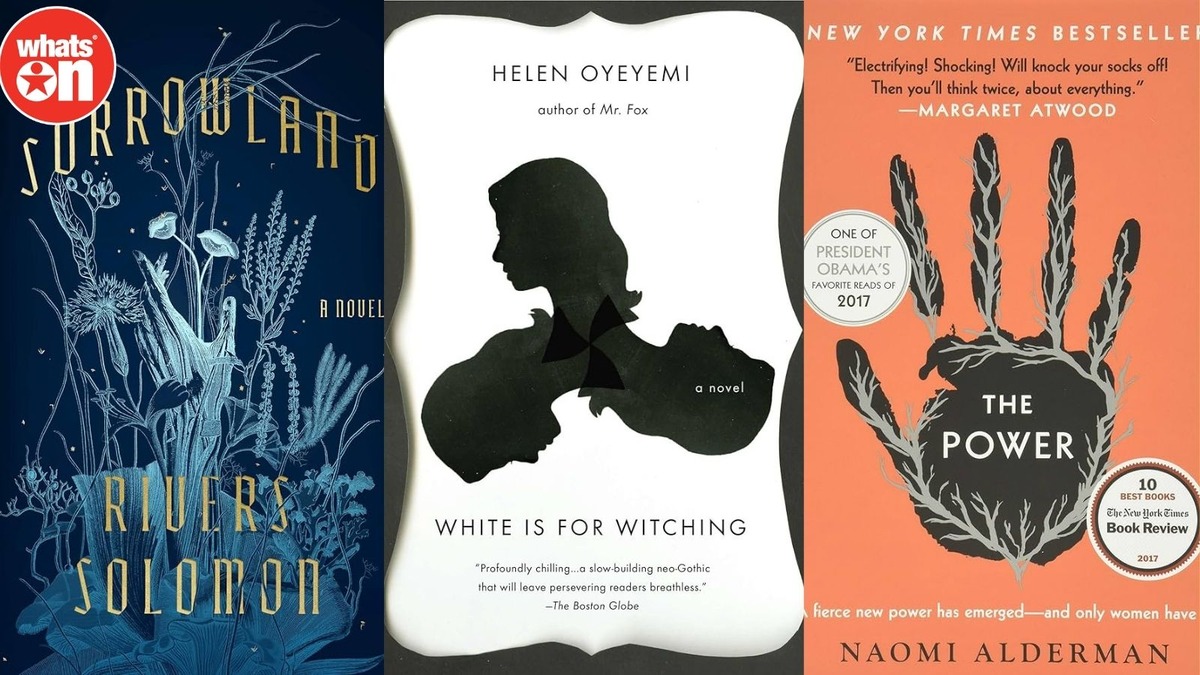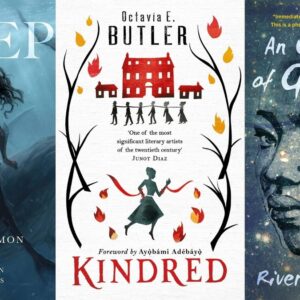Discover 7 Best Feminist Horror Books that explore gender, power, trauma, and survival with chilling brilliance. These gripping feminist horror stories by leading women authors blend social commentary with spine-tingling suspense. Perfect for readers who love empowering stories, psychological thrillers, and horror fiction that leaves a lasting impact. Read on for fierce, fearless, feminist horror picks.
1. The Power by Naomi Alderman
In The Power, Naomi Alderman flips the horror genre on its head with speculative feminist fiction that imagines a world where women develop the ability to emit electrical shocks. As gender dynamics violently shift, Alderman explores the corrupting influence of power, regardless of who holds it. The novel’s creeping dread lies not in monsters, but in how quickly society can fall apart. Part dystopian horror, part feminist allegory, this award-winning book challenges ideas of control, fear, and justice with terrifying clarity.
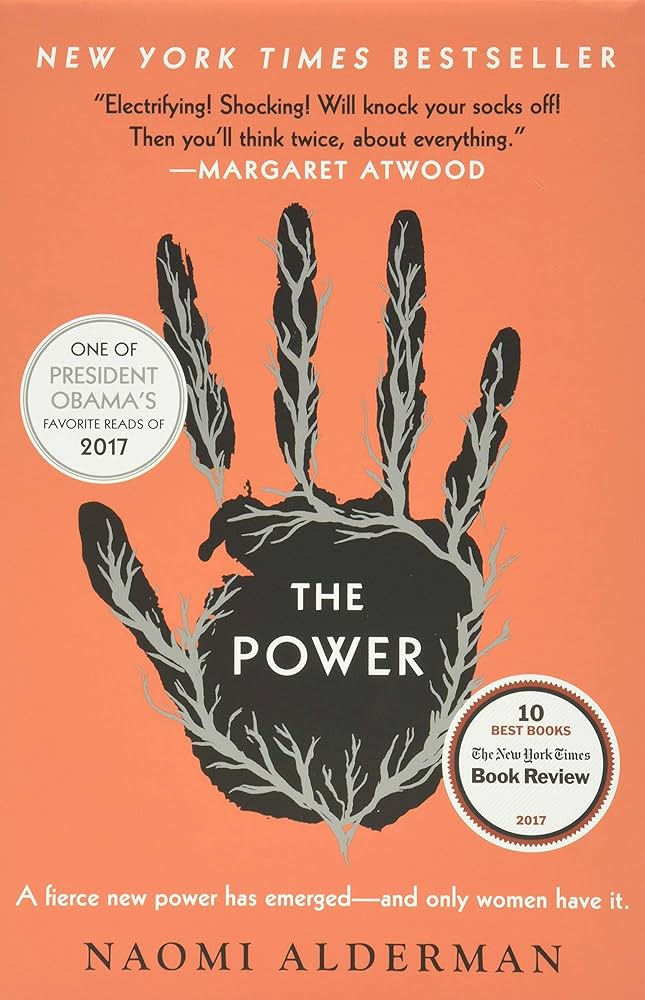
2. Her Body and Other Parties by Carmen Maria Machado
Carmen Maria Machado’s haunting short story collection blends body horror with sharp feminist insight. Each story offers a chilling meditation on the female experience—violence, desire, autonomy, and cultural expectation. The standout tale, The Husband Stitch, reimagines an urban legend as a devastating horror story about marital silence and bodily sacrifice. Machado’s style is poetic, unsettling, and deeply resonant. With layered symbolism and gothic undertones, this collection cements her as a key voice in feminist horror literature.
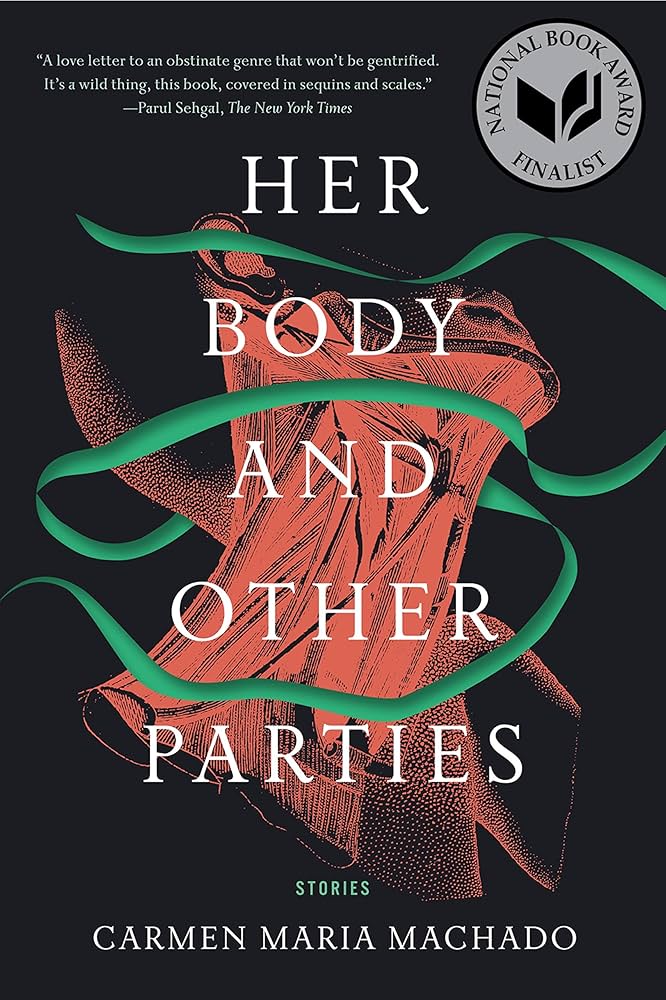
3. The Only Good Indians by Stephen Graham Jones
While not strictly labelled feminist, The Only Good Indians offers a powerful critique of gendered violence and colonial trauma, especially through its portrayal of women and the consequences of male entitlement. The story follows four Native American men hunted by a supernatural entity they wronged in their youth. Through the horror of guilt and retribution, Jones centres Indigenous women’s pain, agency, and resistance. It’s a brutal yet essential work of horror that aligns with feminist themes of justice and reparation.
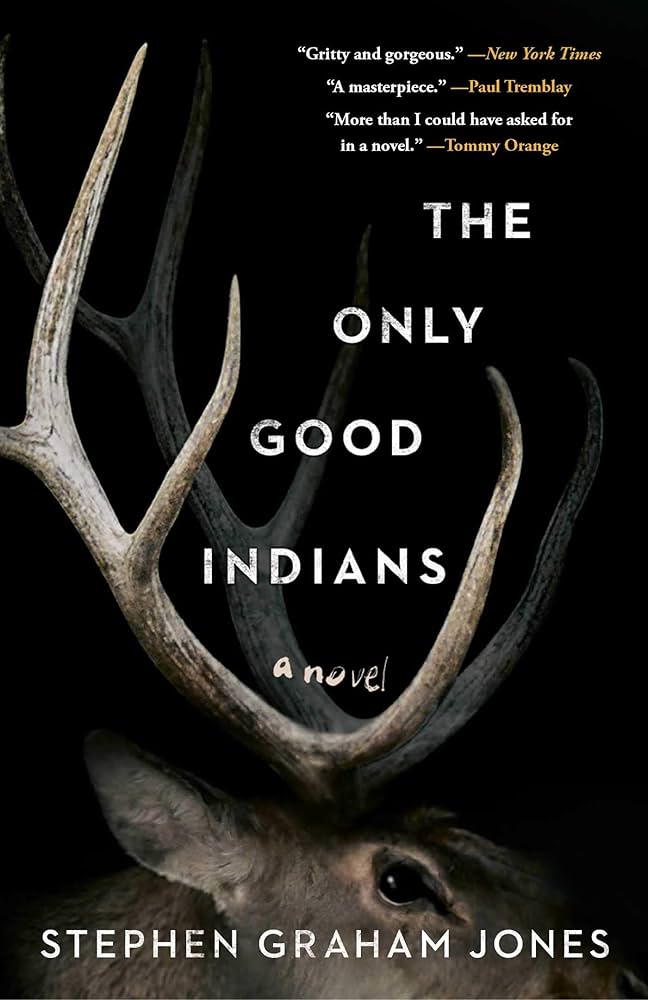
4. White Is for Witching by Helen Oyeyemi
Helen Oyeyemi’s gothic masterpiece White Is for Witching tells the story of Miranda Silver, a young woman afflicted by an eating disorder and haunted by her family’s ancestral home. The house itself is a sinister force, rooted in generational racism and feminine grief. With unreliable narrators and eerie prose, Oyeyemi weaves a feminist ghost story about identity, legacy, and the horror of inheritance. This novel stands out for its bold literary style and nuanced portrayal of trauma through a woman-centred lens.
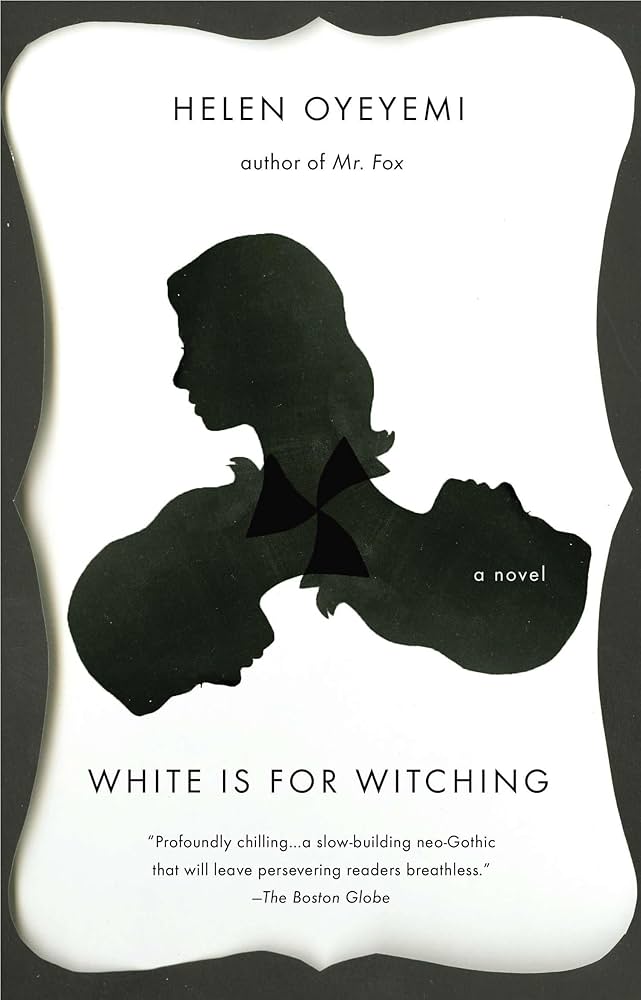
5. We Have Always Lived in the Castle by Shirley Jackson
A classic in the genre, Shirley Jackson’s We Have Always Lived in the Castle offers a quietly terrifying look at female autonomy, societal exclusion, and family secrets. Narrated by the strange and compelling Merricat Blackwood, the novel explores how two women survive a hostile world after a mysterious family poisoning. Jackson’s writing is subtle but deeply eerie, and her depiction of women rejecting patriarchal norms is both empowering and chilling. It’s a feminist horror tale masked in gothic innocence.
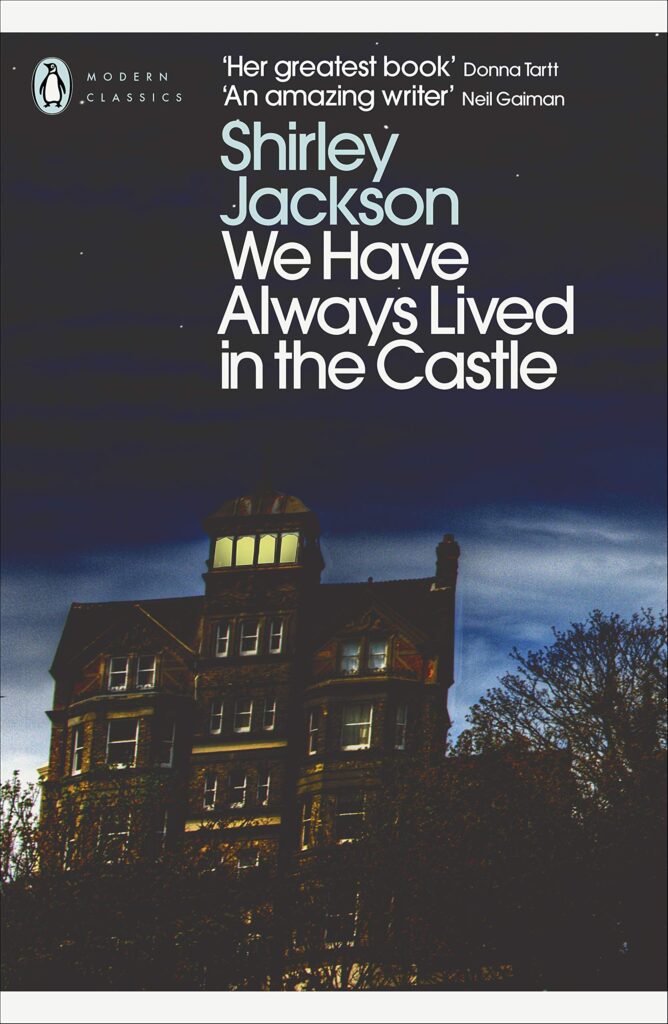
6. Sorrowland by Rivers Solomon
Rivers Solomon’s Sorrowland fuses body horror, gothic terror, and speculative fiction to tell the story of Vern, a pregnant teen who escapes a cult-like religious community into the woods, only to undergo a supernatural transformation. The novel tackles motherhood, bodily autonomy, queer identity, and the trauma of Black survival in a hostile world. Solomon’s horror is visceral, emotional, and politically charged—revealing how systems of oppression mutate both the body and the mind. It’s a bold, boundary-pushing work of feminist horror.
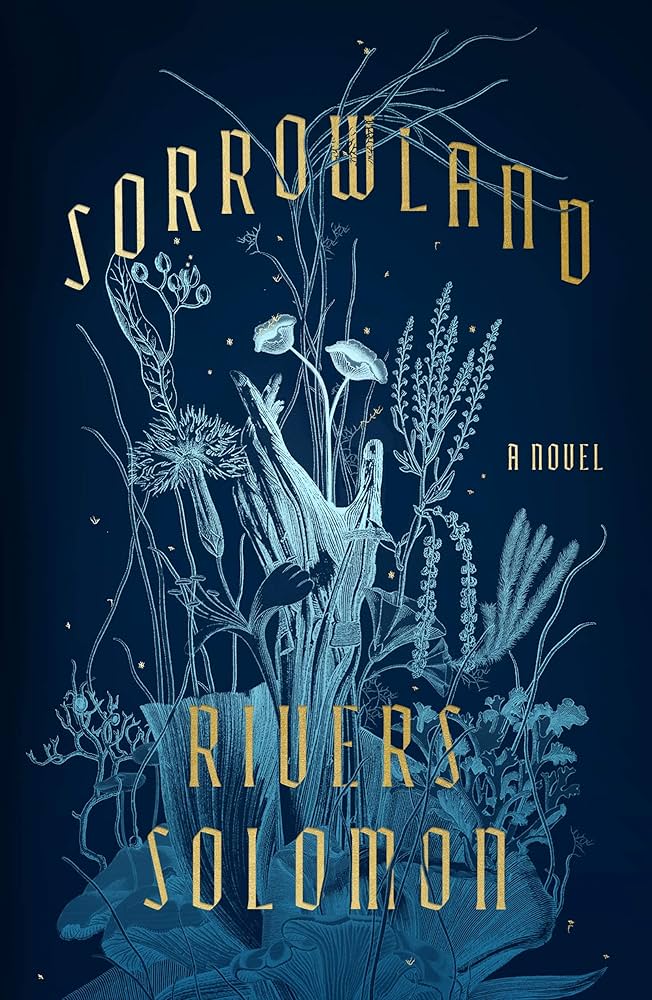
7. Rebecca by Daphne du Maurier
Though often mistaken for romantic suspense, Rebecca is a gothic horror story drenched in patriarchal dread. The unnamed narrator’s psychological unraveling inside the haunted estate of Manderley—dominated by the memory of her husband’s first wife—is a chilling commentary on gender, power, and identity erasure. Daphne du Maurier explores the fear of comparison, societal expectations on women, and the quiet violence of the male gaze. As feminist horror, Rebecca unearths the monstrous pressure women face to conform to invisible standards.
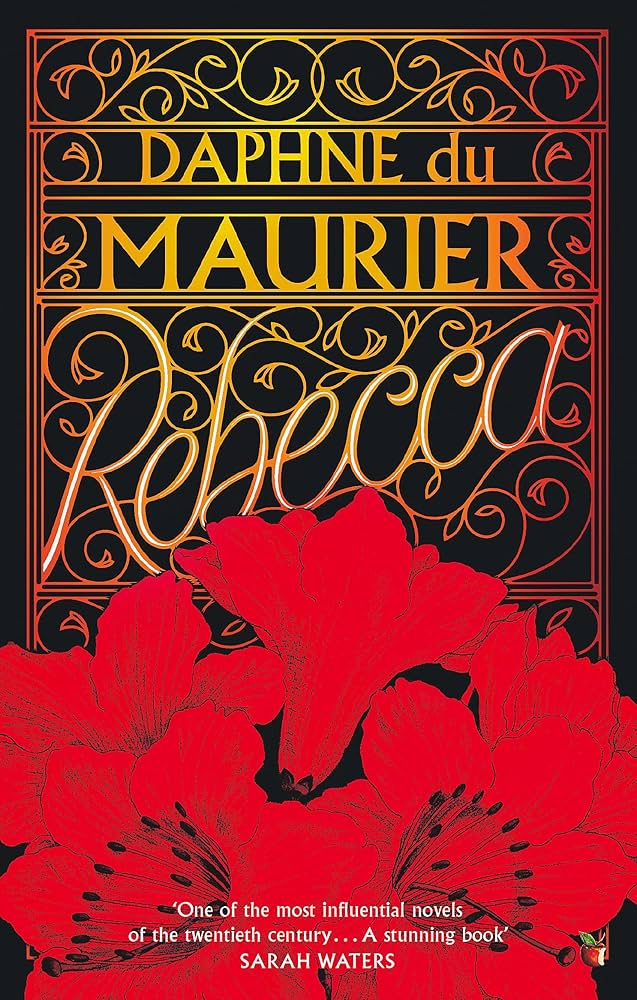
For more book reviews, visit WhatsOn.Guide

